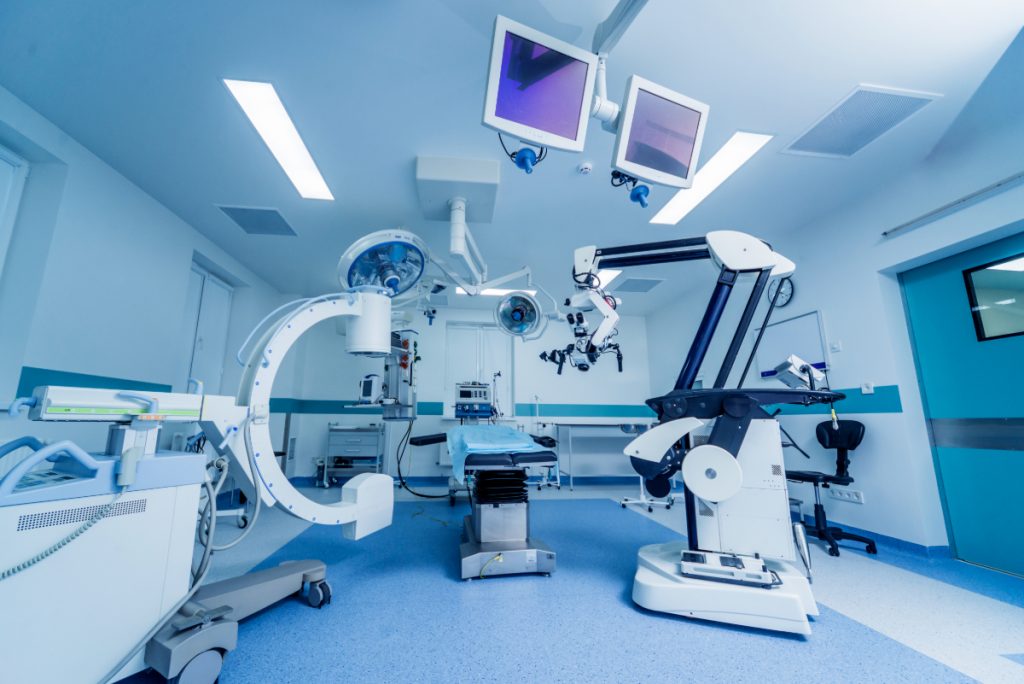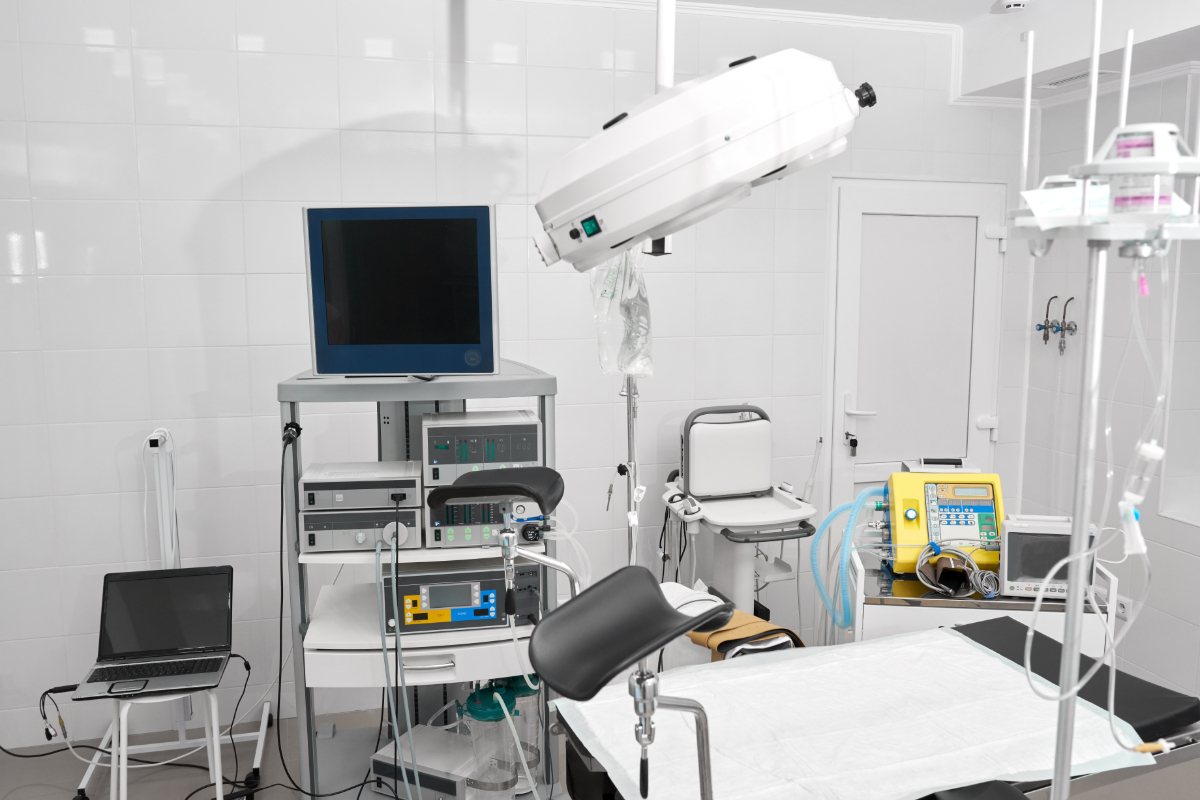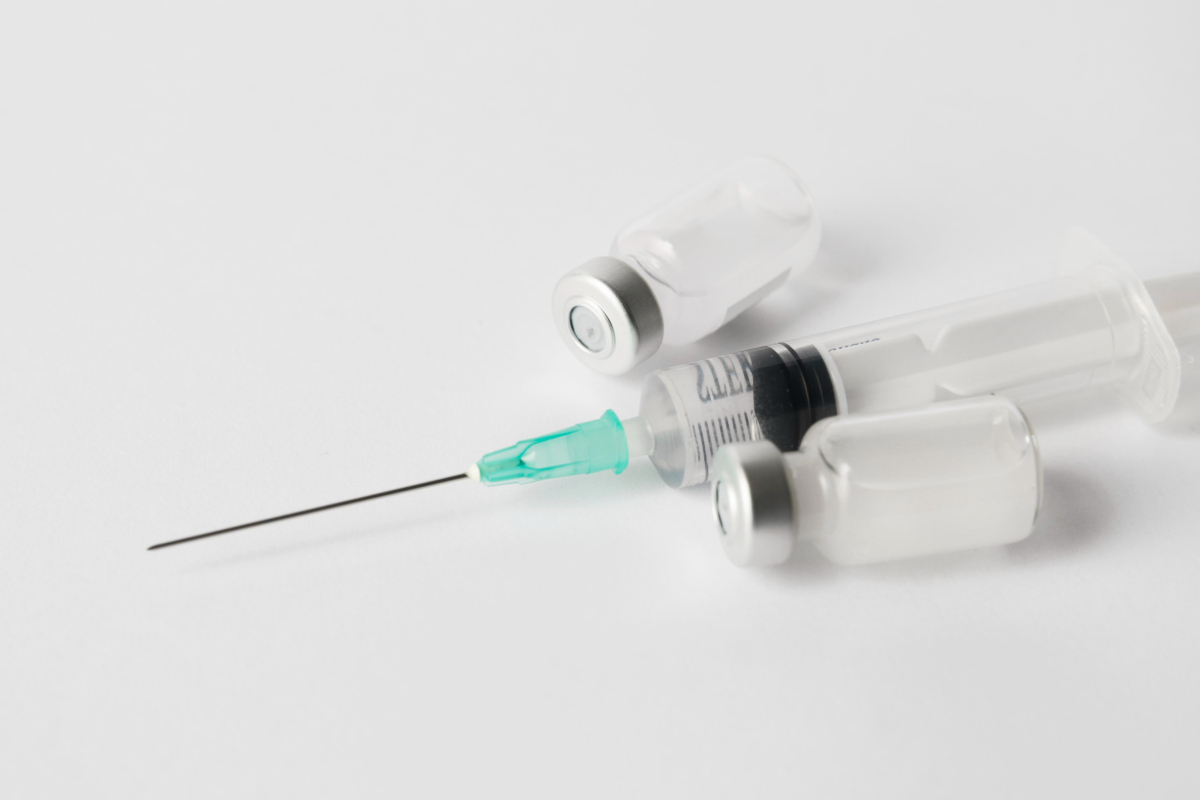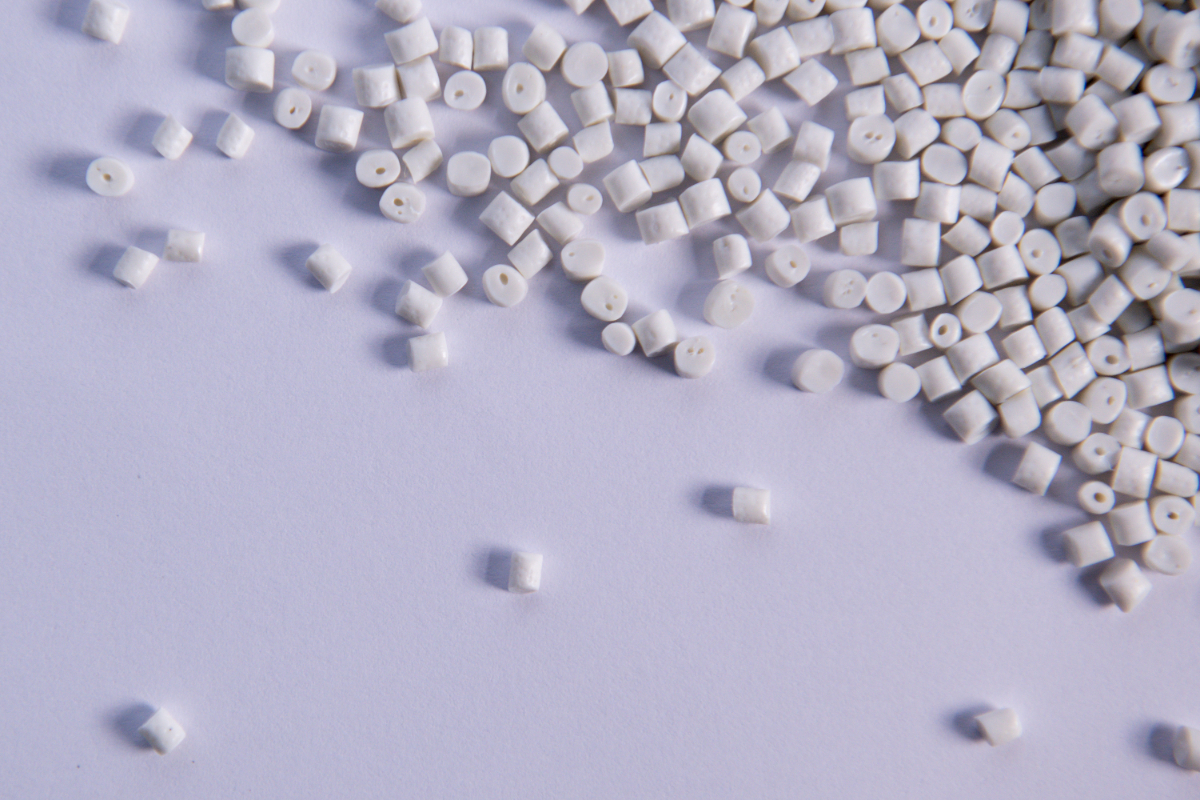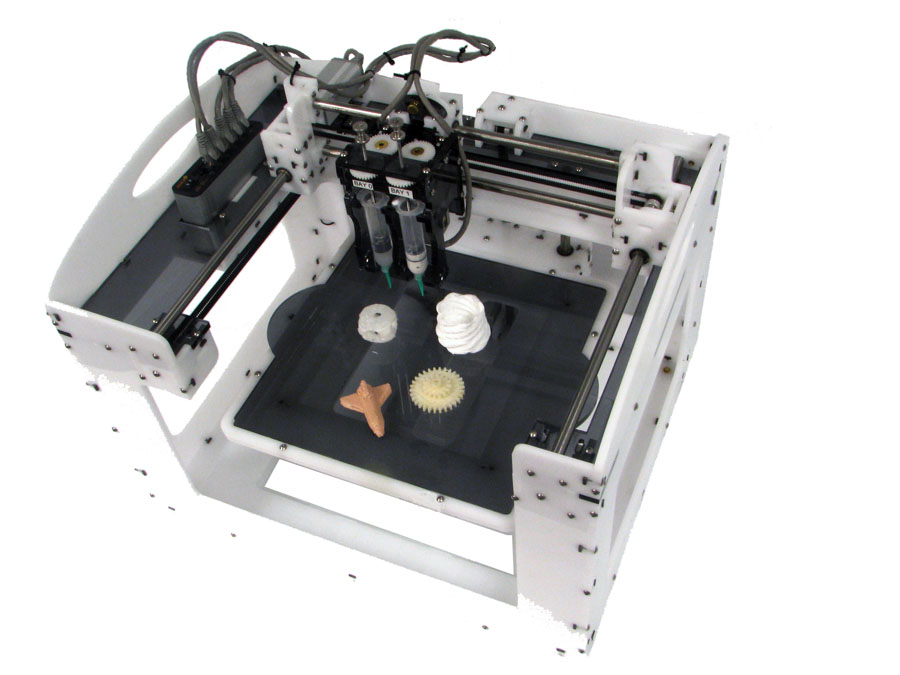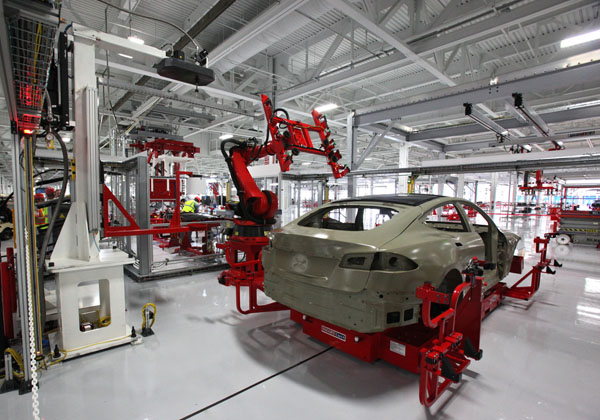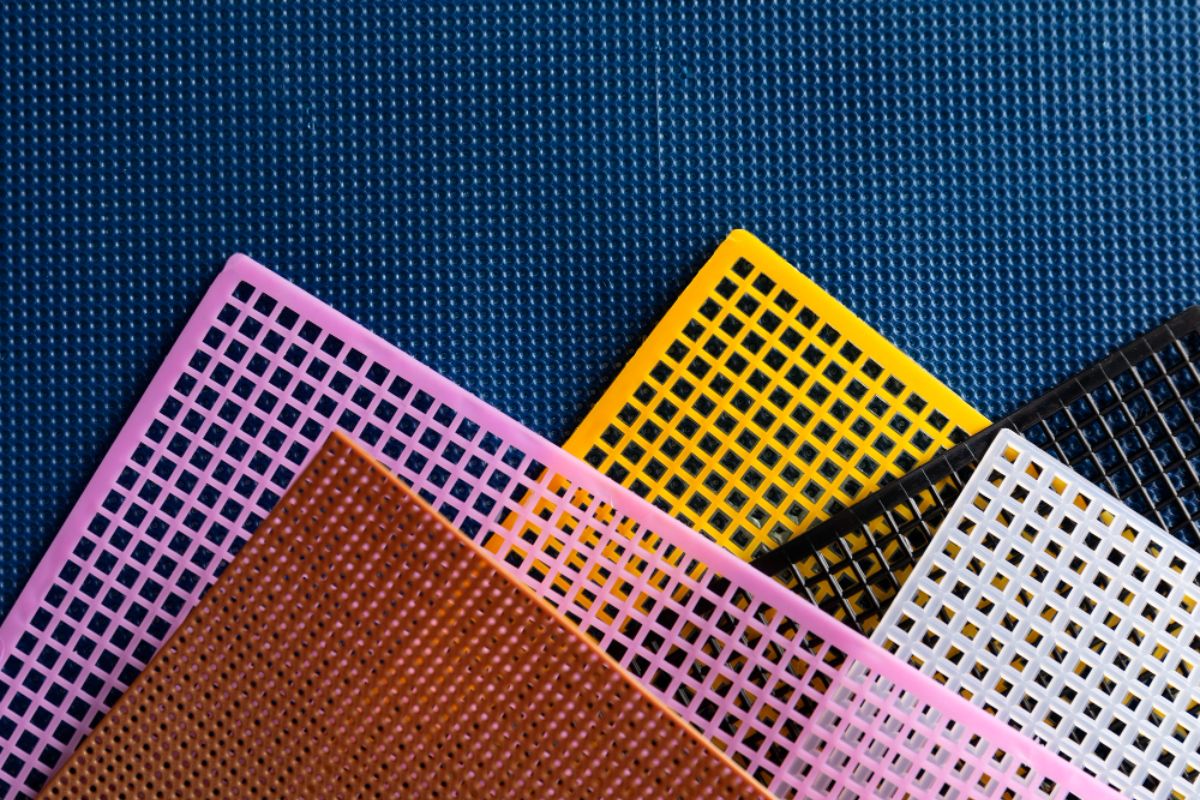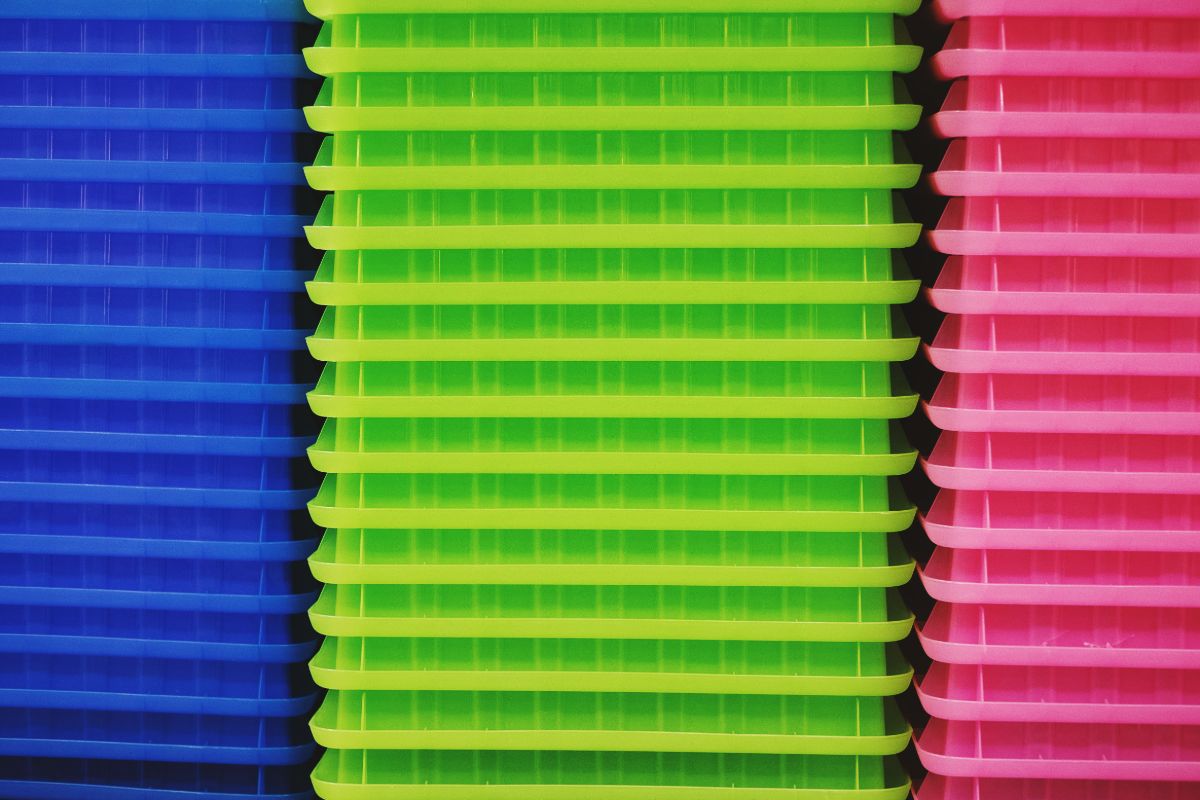What are the advantages of using plastic in healthcare?
- Versatile
- Sterile
- Safe
- Ergonomic
- Durable
- Cost-Effective
- Compatible
Plastic is one of the most abundant materials used for commercial and consumer products. Its malleable form and various synthetic and organic compounds have made it a useful commodity in the medical industry as well as countless others.
When it comes to choosing materials for medical use, its capability of meeting exacting standards is an important aspect to consider. Due to their many beneficial aspects, modern plastics have become a good fit for this purpose. Read on to learn more about the advantages of using plastic in healthcare.
Versatile
Plastic is a highly versatile material. This is due to the variety of resins available to the consumer market. Each plastic resin exhibits unique properties and can be rendered with greater flexibility than most other traditional materials (such as metal).
Medical devices often involve intricate designs and are meant to withstand many different substances and environmental factors. Plastic resins are a practical choice; each resin can fulfill a variety of purposes and can do so without additional treatments or processing.
Plastic manufacturing also uses computer-guided machining to create the complex structures of medical devices. Modern techniques such as plastic injection molding are capable of using mold designs to create parts with detailed geometries. These machines are also capable of producing each part in a matter of seconds, making the process exceptionally efficient.
Sterile
Medical equipment needs to be sterile to avoid contamination. The spread of dangerous microorganisms from a tool to a patient can be stopped by using specialized plastic resins, which are designed to have antimicrobial surfaces. This material is extremely effective in repelling bacteria, and can even eradicate them from its surface.
Plastic is also useful for single-use equipment. These products are meant to be disposed of after the procedure is finished to avoid infecting users or patients. Plastic products are lightweight and can easily be thrown away after use, without needing additional treatment to safely dispose of them.
Medical-grade plastics are also used outside of healthcare centers to prevent cross-contamination of substances. In testing facilities, workers use plastic containers and tools to research new formulas or medicines. Using plastic can speed up this process by eliminating the chances of a compromised study.
Safe
Medical-grade plastics are made to be shatter-proof and non-permeable. As such, it makes these plastic products extremely safe for use. In particular, they provide a great solution for safely transporting delicate or hazardous substances. This property also makes plastic tools safe to use around patients, and even if inserted inside the body.
Plastics are also used to create tamper-proof caps on medical supplies. This seal is often found on pharmaceuticals or in the packaging of controlled substances. These caps are difficult to manipulate without fully breaking the seal. This ensures that the supplies haven’t been altered or used in any way, which is integral to the patient’s safety.
Ergonomic
Plastic materials are much lighter than metal. Thus, plastic medical instruments are easier to use and maneuver. The reduced weight also enhances the comfort of using these tools, which makes them an ergonomic choice for healthcare workers. Ergonomic design can help reduce fatigue during longer operations, such as surgery.
Plastic can also be an ergonomic solution for patients. This is due to plastic resins being highly customizable, which allows them to take on greater design capabilities than other materials. Its customizability is key to ensuring these items are user-friendly and fit for the specific patient. Therefore, plastics can be used in several specialized products, like prosthetics.
Durable
While many materials in the medical industry — such as metals — are fairly durable, they are prone to weathering from chemical and environmental factors. This can shorten the instrument’s lifespan, and significant weathering can render it unusable.
When the same items are made with plastic resins, they can withstand similar factors for much longer. This is because most plastics are naturally resistant to many physical, chemical, and environmental effects. As such, plastic tools and devices are more durable and can be used multiple times for long periods without wear.
Cost-Effective
Using plastic tools is a cost-efficient solution to metal and glass tools, which are easily corroded or shattered in everyday operations. Unlike these materials, plastic tools are highly resistant to most external effects and are designed to handle repeat uses and sterilizations. Due to their longevity and versatility, medical-grade plastic instruments are a good investment for healthcare facilities.
Single-use plastic equipment is also much cheaper to make. Plastic resins are priced significantly lower than most other raw materials, and these resins are also easy to process. Plastic injection molding can easily make thousands upon thousands of the same products or components for single-use items, reducing the overhead costs of medical facilities.
Compatible
Some plastic components are highly compatible with medical devices, such as x-ray machines. They are a better option than metal components, as metals can interfere with the imaging technology in these devices. Many imaging tools use magnetism to obtain internal imaging, and metals can alter the direction and efficiency of this magnetism. With plastic components, this isn’t a problem, and x-ray machines can capture sharper images.
Key Takeaway
Due to the many advantages of using plastic in healthcare, plastic materials are quickly replacing metal and glass components in the medical industry. This material has played a significant role in improving the versatility and usability of medical instruments and devices.
This is supported by the innovative use of new polymers, and the expertise provided by plastic injection molding companies like Richfields. With us, you can expect superior plastic products at competitive prices. Contact us today to learn more about our services!
